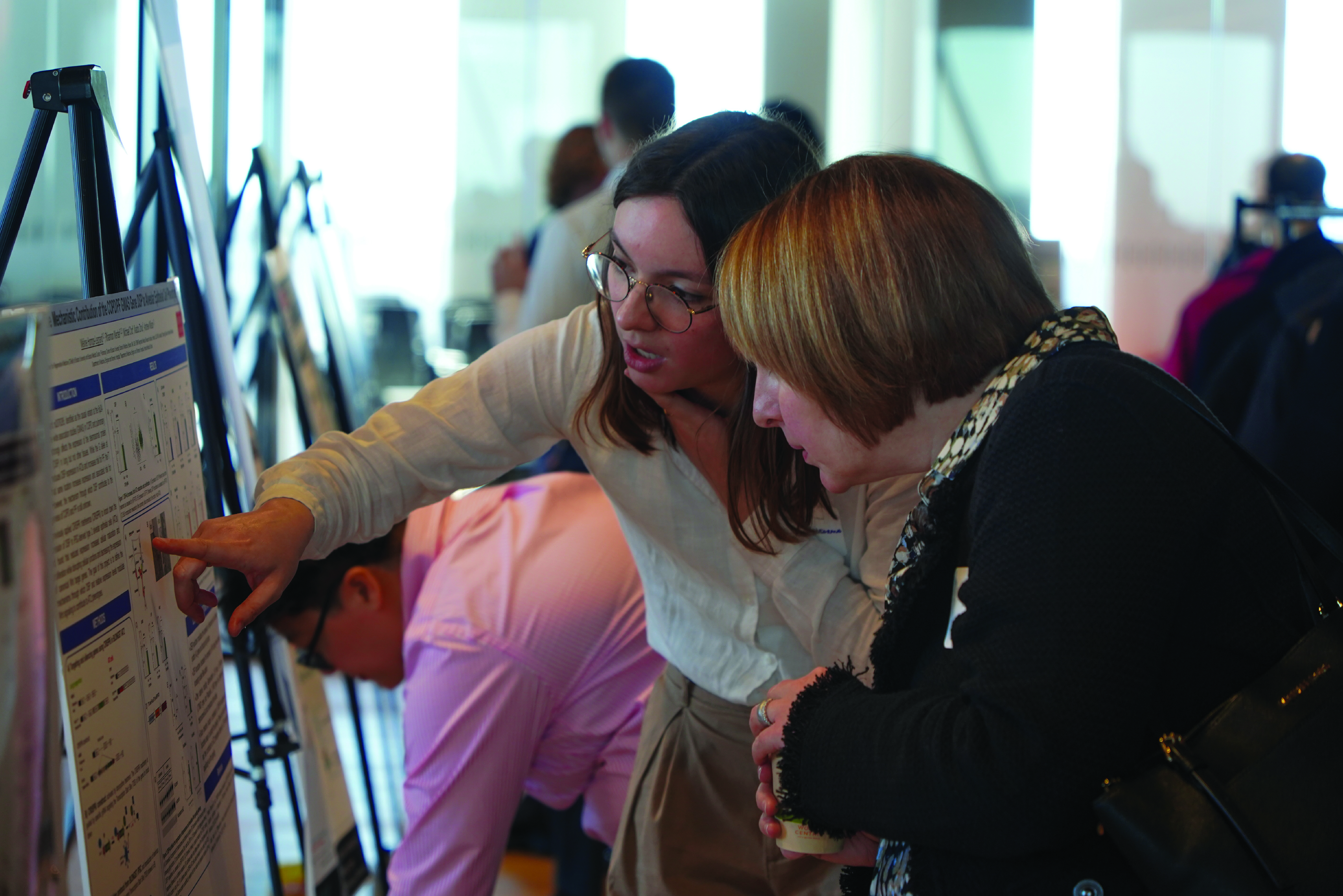Community Engagement Program
The BU CTSI Community Engagement Program develops, curates, and shares resources for implementing community engagement practices in health research. Click through the drop downs below for resources by topic, or request a consultation with a staff or faculty member for a one-on-one discussion about your project.
Community Engagement 101
Community engagement approaches, e.g., trust and relationship building, navigating power dynamics, cultural humility
- Equity in Research Rubric, Boston University: summary of best practices for integrating community engagement approaches within each phase of a research project’s timeline, from the planning phase to dissemination
- Coalesce Team Science Toolkit, Northwestern Medicine: in-depth, interactive toolkit including video modules, case scenarios, downloadable resources, and templates for promoting research partner collaboration (requires free account creation)
- Toolbox for Conducting Community-Engaged Research, Scripps Research: guide offering tools for community-engaged research for community and academic researchers across all phases of the research timeline; includes self-assessment tools
- Community Toolbox, Center for Community Health and Development, University of Kansas: comprehensive website focused on building healthier communities through social change; includes multiple toolkits related to partnership development, community assessment, action and intervention planning, leadership development, advocacy, and grant applications & sustainability
- Community Health Equity & Engagement in Research (CHEER) Toolkits, Penn State CTSI: toolkits for researchers and community members offering a primer on community engaged research and guiding principles, roles, examples, and challenges
Building Partnerships
Assessment tools, guidance documents, and articles to support identifying potential partners, beginning, building, and maintaining relationships, partnership structure examples
- Are We Ready? Toolkit (Partnership Readiness), Medical University of South Carolina: in-depth partnership readiness toolkit including readiness and partnership fit, organizational capacity, structure and communication transparency, and conflict resolution and power distribution (brief survey to download pdf, toolkit versions available in Spanish and English)
- Community Partnership Guide for Engaging with Academic Researchers (tool), Institute of Translational Health Sciences, Seattle Children’s | Center for Diversity and Health Equity: brief tool to use in early relationship building with community partners to co-identify a project, plan engagement, and create a partnership agreement/memorandum of understanding
- Community Partnership Guide for Engaging with Academic Researchers, Amal Saleh, Brian Saelens, Maxine Hayes; Health Equity Community Advisory Committee; Tumaini R Coker: manuscript describing the above tool (open access article)
- Practical Guidance for Involving Stakeholders in Health Research, Concannon, Grant, Welch, et al.: manuscript summarizing guidance related to engagement roles and models, engagement activities matrix, and links to additional resources (open access article)
- Six Step Stakeholder Engagement Framework: framework for considering stakeholder identification, resource sharing, and engagement initiation
- Stakeholder engagement primer – Integration and Implementation Insights: primer addressing stakeholder identification, stakeholder selection, inclusion in the research process, and leveraging the partnership for effectiveness; listening skills, brainstorming and reaching agreement, engagement evaluation, power dynamics, and working with multiple stakeholders
- Youth Participatory Action Research Hub, UC Berkeley: website describing approaches to partnering with youth in participatory action research projects, including appropriate applications, team building and power sharing, collaborative data collection approaches, evaluation and dissemination, and case examples
Research Admin Support
Resources for developing or reviewing administrative documents, e.g., partnership agreements, equitable budgeting, language/cultural concurrence
- Equitable Compensation for Community Engagement Guidebook, Urban Institute: brief toolkit offering guidance for creating an equitable compensation plan for community-partnered research projects
- CESToolkit 2.0, Meharry-Vanderbilt Community Engaged Research Core Vanderbilt Institute for Clinical and Translational Research: in-depth toolkit to support the application, planning, and implementation of Community Engagement Studios
Forming Advisory Groups
Forming, working with, and sunsetting groups of key informants as part of a study or program
- Tools and Resources for Project Based Community Advisory Boards, Urban Institute: brief toolkit offering tips and considerations for developing community advisory boards, tools and guidance related to budgeting/compensation, institutional review board considerations, and organizational readiness
- Community Advisory Board Toolkit, Southern California Clinical and Translational Science Institute: in-depth toolkit focused on community advisory boards in the context of clinical and translational science; includes information related to the advisory board role in research, advisory board development, facilitation tips, meeting planning, and examples and templates
- Engaging Community Coalitions to Reduce Opioid Overdose Deaths, NIH HEAL Initiative: comprehensive practice guide offering guidance on coalition development and community engagement in the context of opioid addiction and overdose prevention research


